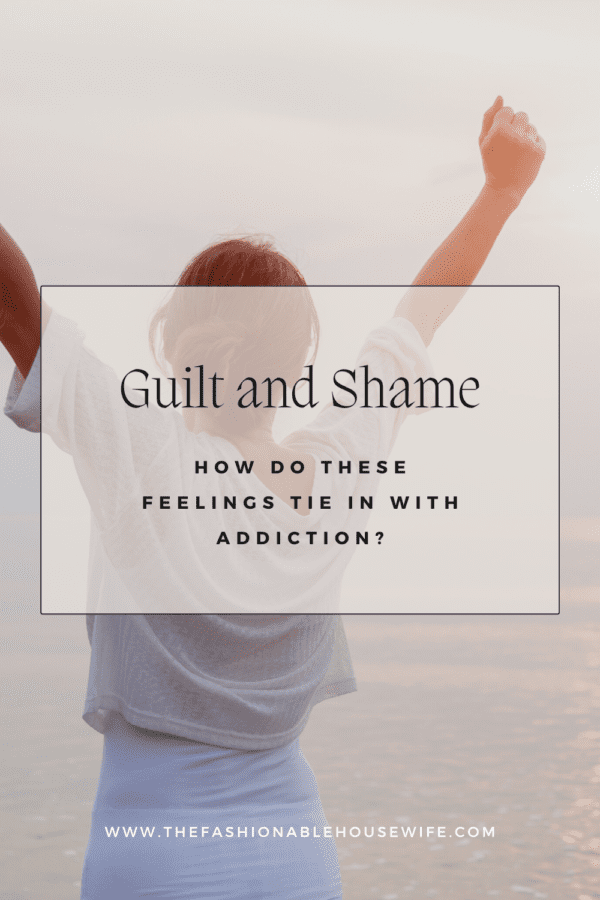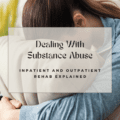
Fighting an addiction can be a long and turbulent journey, but the hardest battles are often fought within the mind. When addiction takes hold of someone’s life, not only does it affect their physical well-being, but it also deeply impacts their emotional and mental state. They may seek help from professionals such as Villa Oasis meth treatment to recover from their addiction, but breaking free from these emotions is often just as crucial.
Two strong emotions that tie in with addiction are guilt and shame, and understanding their role can help us better support those facing addiction.
Guilt vs. Shame
Before exploring the link between guilt, shame, and addiction, it’s crucial to differentiate between the two emotions. Guilt arises when we feel remorse about a specific action or behavior inconsistent with our values. In contrast, shame goes deeper: it’s the feeling that we are fundamentally flawed or worthless due to our actions.
Both guilt and shame can serve as powerful motivators for self-improvement. However, when these feelings become overwhelming or pervasive, they can create a vicious cycle that pushes individuals deeper into addiction instead of inspiring change.
The Role of Guilt in Addiction
Guilt can exacerbate addiction in several ways. When people feel guilty about their substance abuse, they may try to cope by using more of the substance. Individuals who use alcohol or drugs to numb emotional pain often experience this pattern. They feel guilty about betraying their values or causing harm to others. However, they continue to self-medicate with substances. These substances temporarily relieve their emotions but ultimately reinforce them.
Additionally, guilt can create a sense of alienation from self and others. Individuals grappling with addiction may fear judgment from friends or family members, which further fuels and justifies their isolation and continued substance abuse.
The Role of Shame in Addiction
While guilt is tied to specific behaviors, shame is a more consistent and generalized feeling that perpetuates addiction. Shame can stem from various sources, such as societal stigma, past traumatic experiences, or internalized negative beliefs about self-worth. Regardless of the source, shame erodes self-esteem and perpetuates the idea that one is fundamentally defective.
This belief makes it difficult for individuals to envision a life without addiction, despite experiencing the negative consequences associated with their substance use. Instead of seeking help, someone struggling with shame might isolate themselves from others and rely on substances to temporarily escape unbearable self-loathing.
Breaking the Cycle: Forgiveness and Self-Compassion
Breaking free from the cycle of guilt and shame may require professional support, such as therapy or rehabilitation programs. One essential aspect of overcoming these emotions is self-forgiveness and self-compassion. This involves acknowledging past mistakes but recognizing that they don’t define one’s worth.
Forgiving oneself and practicing self-compassion can counteract feelings of worthlessness and empower individuals to accept the help they need during their recovery journey. Moreover, building connections with others who have faced similar struggles can help individuals realize that they are not alone in their battle against addiction.
Guilt and shame are powerful emotions that can make addiction worse if left unchecked. By understanding their role in the addiction cycle, individuals can begin to address these feelings in healthier ways and create a more supportive environment for long-term recovery. Remind yourself that everyone makes mistakes, and how we learn from them defines our path forward.





